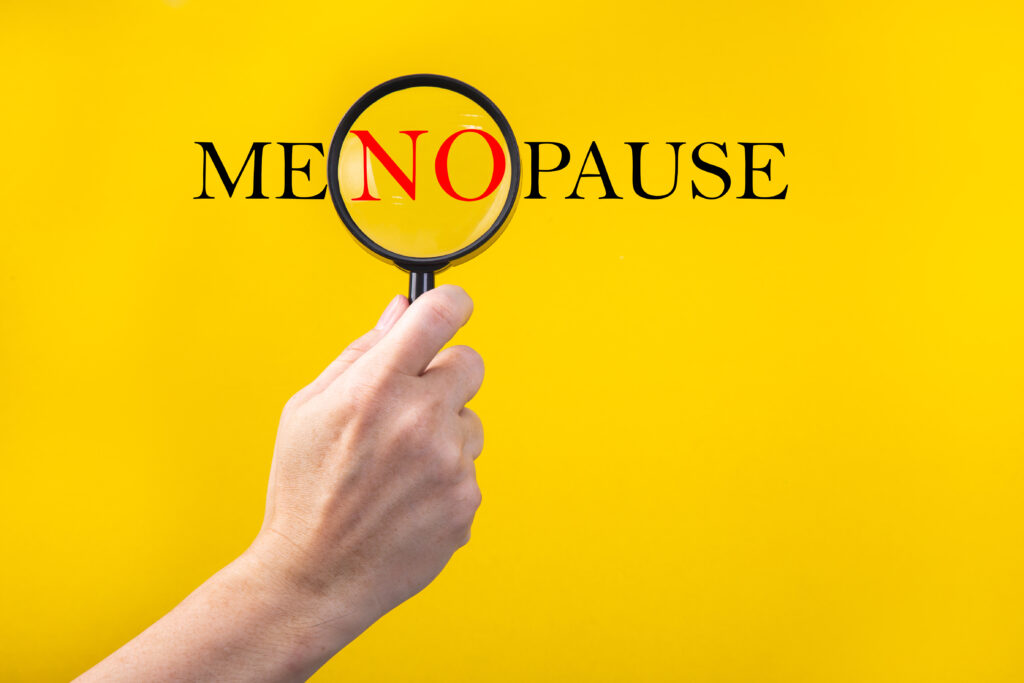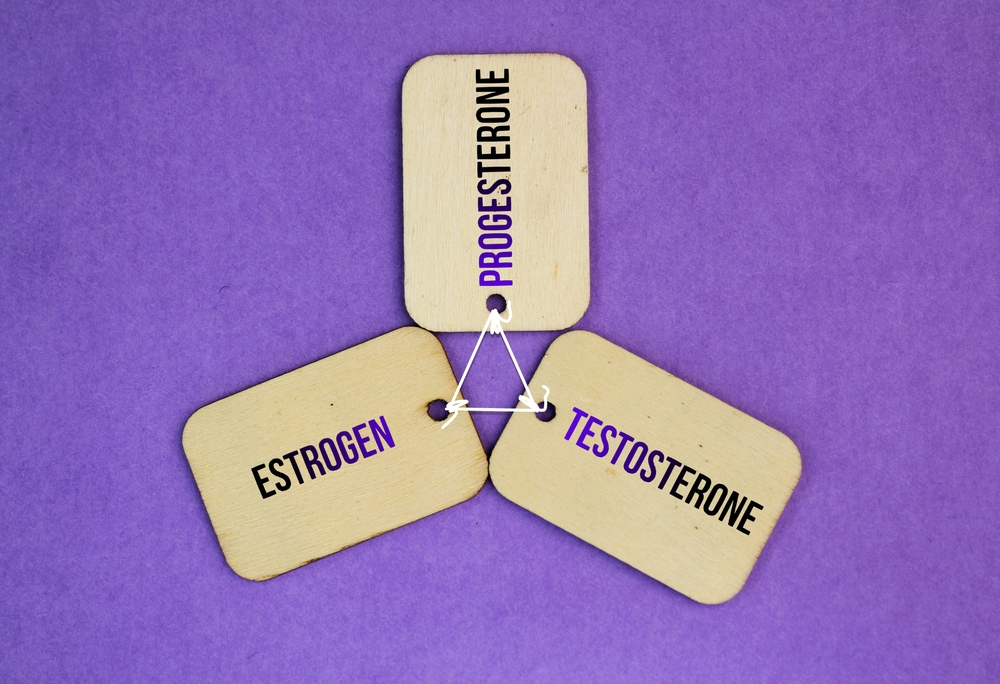Menopause is a natural and inevitable phase that marks the end of a woman’s reproductive years. While most people associate menopause with a decline in estrogen levels, the role of testosterone during this period is often overlooked. Testosterone plays an important role during this transitional phase for women’s health. In this blog article, we will explore the crucial connection between testosterone and menopause and its impact on women’s health.
- Understanding Menopause
Menopause typically occurs between the ages of 45 and 55, although it can vary from woman to woman. During this time, the ovaries produce fewer hormones, leading to a decline in estrogen and progesterone levels. As a result, menstruation ceases, and women experience a range of symptoms like hot flashes, night sweats, mood changes, and vaginal dryness.
- Testosterone in Women
Testosterone is often thought of as a male hormone, but it is also present in women, though in lower amounts. It plays a vital role in women’s health, contributing to energy levels, libido, muscle mass, bone density, and overall well-being.
- Testosterone Levels During Menopause
As women age and approach menopause, their testosterone levels also decrease, primarily due to reduced ovarian function. This decline in testosterone can contribute to various physical and emotional changes during this transitional period.
- Impact on Sexual Health
Testosterone plays a significant role in women’s sexual desire and arousal. As testosterone levels drop during menopause, some women may experience a decrease in libido, which can have an impact on their sexual satisfaction and intimacy. Addressing this aspect of menopause is essential for maintaining healthy relationships and overall well-being.
- Bone Density and Muscle Mass
Testosterone is crucial for maintaining bone density and muscle mass. During menopause, the decline in testosterone can contribute to bone loss, increasing the risk of osteoporosis and fractures. Regular physical activity and strength training can help mitigate these risks and support bone and muscle health.
- Energy and Mood
Testosterone plays a role in supporting energy levels and mood regulation. As levels decline during menopause, some women may experience fatigue, mood swings, and irritability. Engaging in regular exercise, maintaining a balanced diet, and practicing stress-relief techniques can help manage these symptoms.
- Cognitive Function
Emerging research suggests that testosterone may play a role in cognitive function. Some studies have indicated that maintaining optimal testosterone levels may support cognitive health and reduce the risk of cognitive decline in women as they age.
- Hormone Replacement Therapy (HRT)
Hormone Replacement Therapy (HRT) is a common approach to manage menopause symptoms, which may include estrogen and progesterone. In certain cases, healthcare providers may also consider adding low-dose testosterone to the treatment plan to address specific symptoms related to testosterone decline. However, the decision to use HRT, including testosterone, should be made on an individual basis, taking into account the woman’s medical history and overall health.
Testosterone plays a vital role in women’s health, and its decline during menopause can impact various aspects of well-being. Understanding the connection between testosterone and menopause is essential for addressing symptoms and promoting a healthier transition. Women experiencing menopause-related changes should consult with their healthcare providers to explore personalized approaches, including lifestyle modifications and hormone therapy, to support their overall health and quality of life during this transformative phase of life.
At Apex Hormone Health we develop treatment plans unique to you! Let us help you to get back to optimal health. Telehealth appointments available.
Contact us through our website: www.apexhormonehealth.comBottom of Form
Call or text 720-856-0200.
Email: [email protected].







